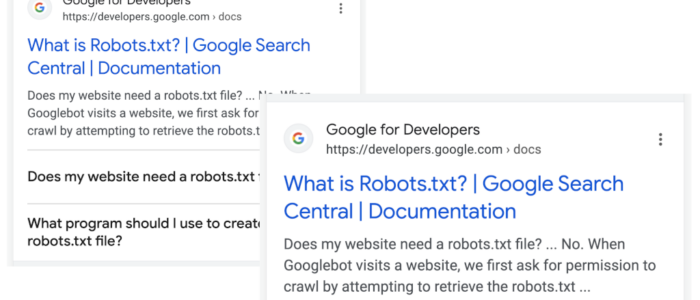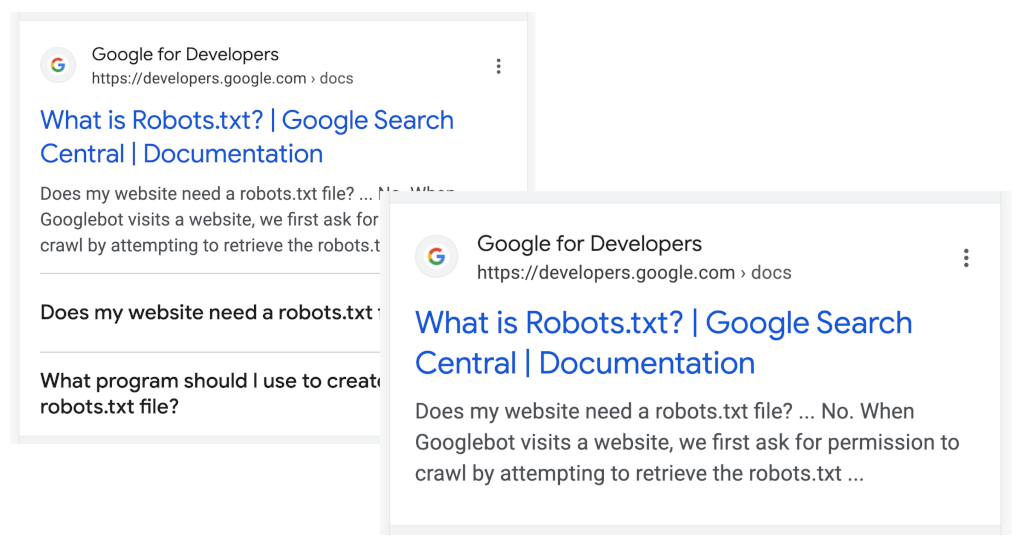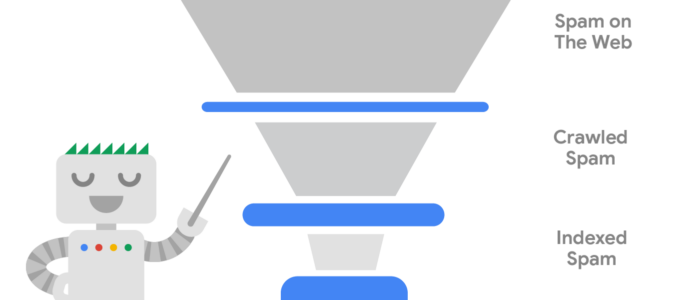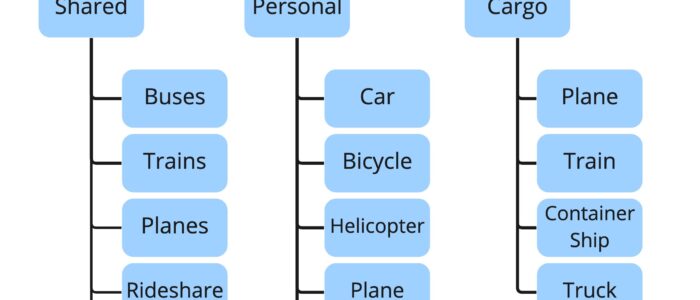
When sitting down to plan an SEO campaign, a business owner might be inundated with technical jargon that does more to confuse than clarify. In our experience, some people use this technical jargon because it confuses people and dissuades them from asking questions. One such question is, “What is the difference between keywords and topics?”
When discussing SEO, it is common for “keywords” and “topics” to be used almost interchangeably in conversations about planning a campaign. But they are not interchangeable terms.
Defined simply, a “topic” is the subject matter you want a site to rank for, and a “keywords” is something a user would search for to find content related to that subject matter. One way to approach it is to use a taxonomy tree:
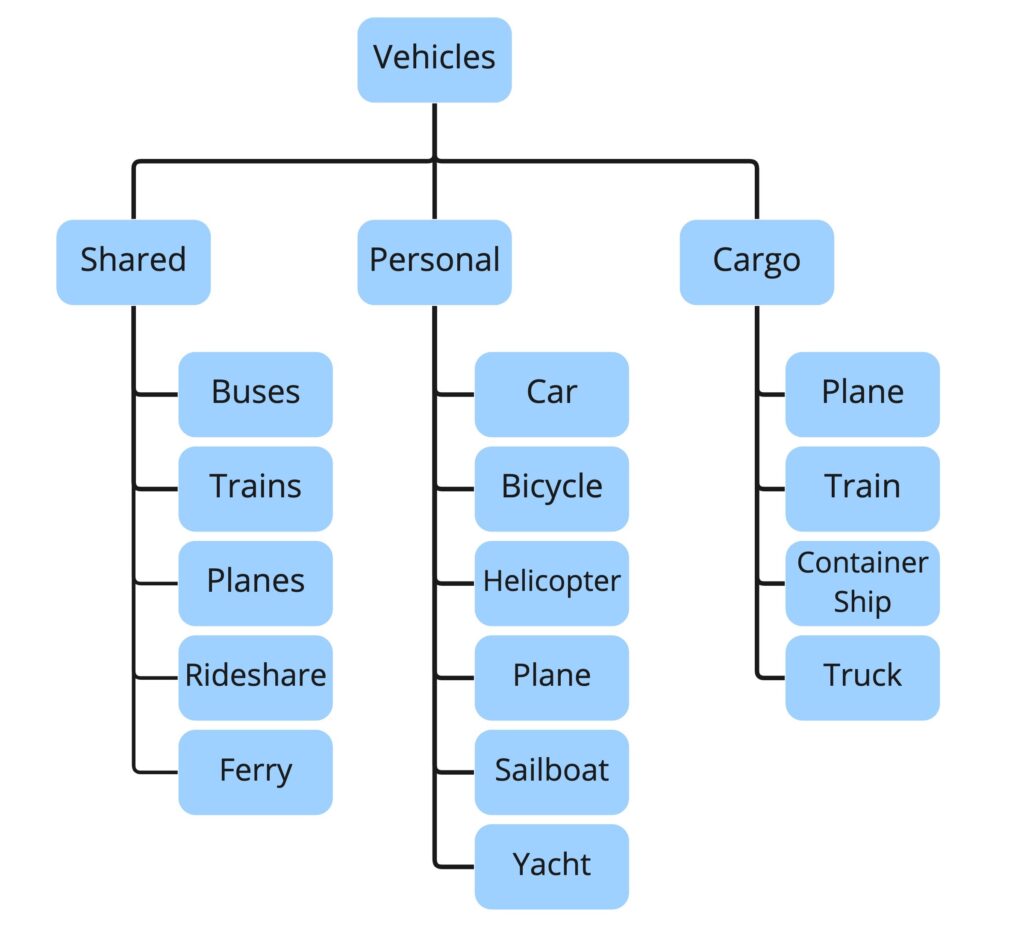
Let us assume you have a website where the overarching theme is “transportation.” You want to discuss vehicles. Transportation qualifies as a topic, as does Vehicles. Underneath vehicles, you might have shared vehicles like planes and ferries, personal vehicles like cars and bicycles, and cargo vehicles like trains and trucks. You could draw the line here, and you could say “cars” are a keyword under the subtopic of Vehicles, which is under the broader topic of Transportation. Perhaps you do, but your website is going to have a very difficult time trying to rank for “cars” and “bicycles” as terms in their own right without more.
And that more comes from keywords about what essentially are the sub-subtopics of “cars” and “bicycles.” Particular brands of these, safety tips, tutorials on how to maintain or use them, uses, descriptors, and more all might be keywords related to the bigger sub-subtopic.
You use a taxonomy tree like the one above to map your topics. But a good keyword tool can help identify particular keywords people use when researching those topics. While the word you use for your topic may itself be a keyword, trying to rank for that word alone will be daunting because everyone else is competing against you. More people are searching for cars than they are for “how to recharge an air conditioner on a 2004 Honda Civic.” By having pages dedicated to specific keywords, you can show your website to be knowledgable on the bigger topics. And in turn, over time, you can rank for those topics generally.
But by keeping the distinction between topics and keywords in mind, you can create an organized website that ranks for a variety of keywords and improves over time.
